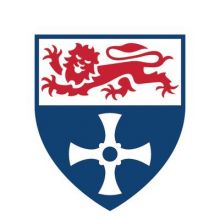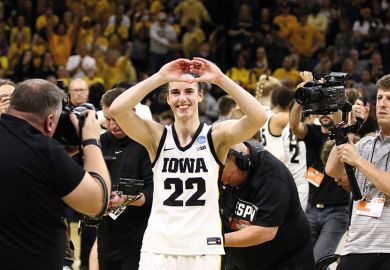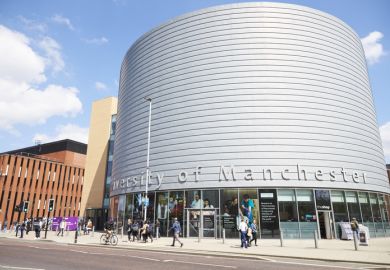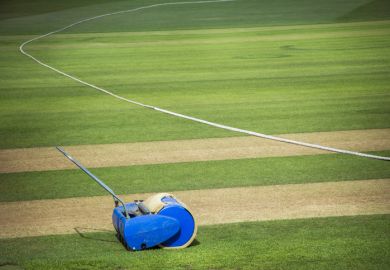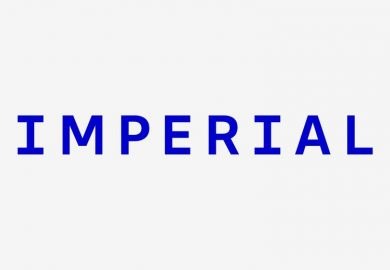A consumer group has said that universities are still making potentially misleading claims about their rankings performance despite a crackdown by the UK’s advertising watchdog.
Which? said that it had found that at least six institutions had made unsubstantiated or unverifiable statements about their standing on their websites. These typically referred to a provider being “among the world’s top universities” or “in the top x per cent of universities worldwide”, but Which? said that the estimated figure for the total number of universities in the world varied and that not all of them were formally ranked.
The organisation said that it was “particularly concerned” by the assertions in the light of a similar investigation conducted by the Advertising Standards Authority last year, which led to six universities being ordered to ditch marketing claims regarding their accomplishments. The ASA said that providers had to “play by the advertising rules, in particular by backing up…claims with good evidence”.
The institutions criticised by Which? are:
- Heriot-Watt University, which described itself as “one of the world’s leading universities for pioneering research informed by the needs of business and industry”. This was questioned by the consumer group because the Scottish institution is placed in the 351-400 band of the Times Higher Education World University Rankings (which lists 1,103 providers in total). Heriot-Watt said that its links with business supported its statement, which it stands by.
- Aston University, which claimed that it was “ranked within the top 35 universities in all university ranking tables”, without substantiation. It later clarified that the statement referred to its position in employability metrics used to compile national newspaper league tables. It has removed the claim from its website.
- The University of Aberdeen, which said it was “ranked within the top 35 universities in all university ranking tables”, without verification. The university has said it will add supporting information to its website.
- Newcastle University, which said that it was in the top 1 per cent of the QS World University Rankings. Its 141st position puts it in the top 15 per cent, so the institution has removed the claim from its website.
- Ulster University, which said that it was “in the top 3 per cent of universities in the world”, when it is in the 501-600 band of the THE World University Rankings.
- The University of the West of Scotland, which said it was “ranked in the top 3 per cent of universities worldwide”, when it too is in the 501-600 band of the THE World University Rankings. The institution said that the basis for the claim was clear in its advertising materials.
Which? said that it would be more transparent for these universities to advertise themselves by stating their position in particular named league tables.
Alex Hayman, managing director of Which? University, said: “It is critical that prospective students can trust the facts that higher education institutions are putting forward. However, we’ve found numerous examples of universities falling short.
“We want universities to act responsibly in line with the ASA’s guidelines as thousands across the country prepare to apply for the next step of their education in the coming weeks and months.”
Phil Baty, chief knowledge officer at THE, said: “We publish the THE World University Rankings each year with multiple data points, breaking down institutions’ performance into various categories, such as research or the teaching environment, and we provide a detailed methodology. So the data and analyses are all out there as a fantastic public resource – for students and universities alike.
“We can’t police how institutions choose to interpret the data we publish and how they deploy it, but we welcome wide use and dissemination. We simply suggest that students always go to the original source – looking at the data in detail and in context, and exploring the methodology to understand the context.”
Mr Baty added: “The 2019 World University Rankings will be published next week, with more than 1,250 institutions ranked and masses and masses of rich data.”
Register to continue
Why register?
- Registration is free and only takes a moment
- Once registered, you can read 3 articles a month
- Sign up for our newsletter
Subscribe
Or subscribe for unlimited access to:
- Unlimited access to news, views, insights & reviews
- Digital editions
- Digital access to THE’s university and college rankings analysis
Already registered or a current subscriber? Login






